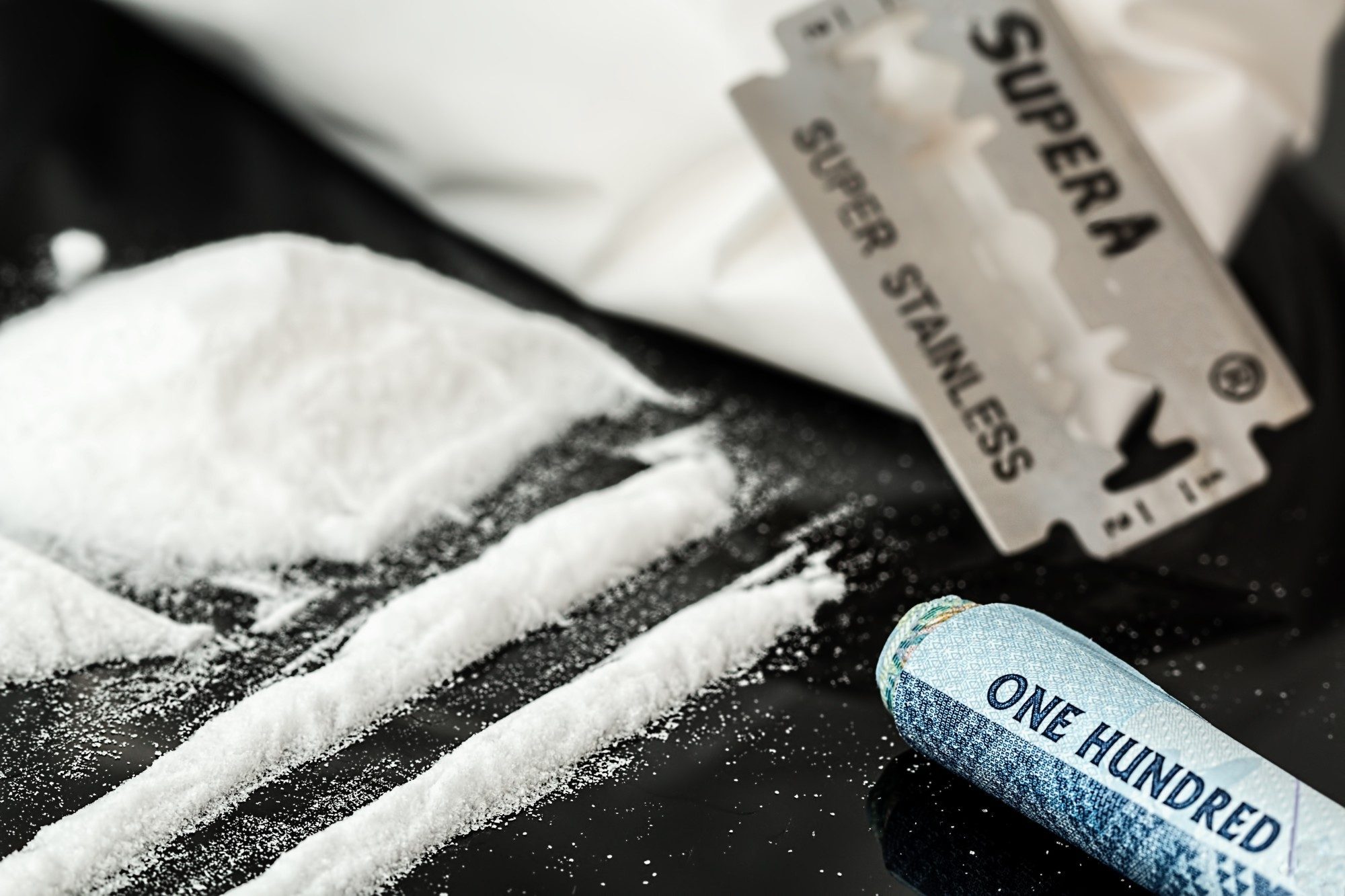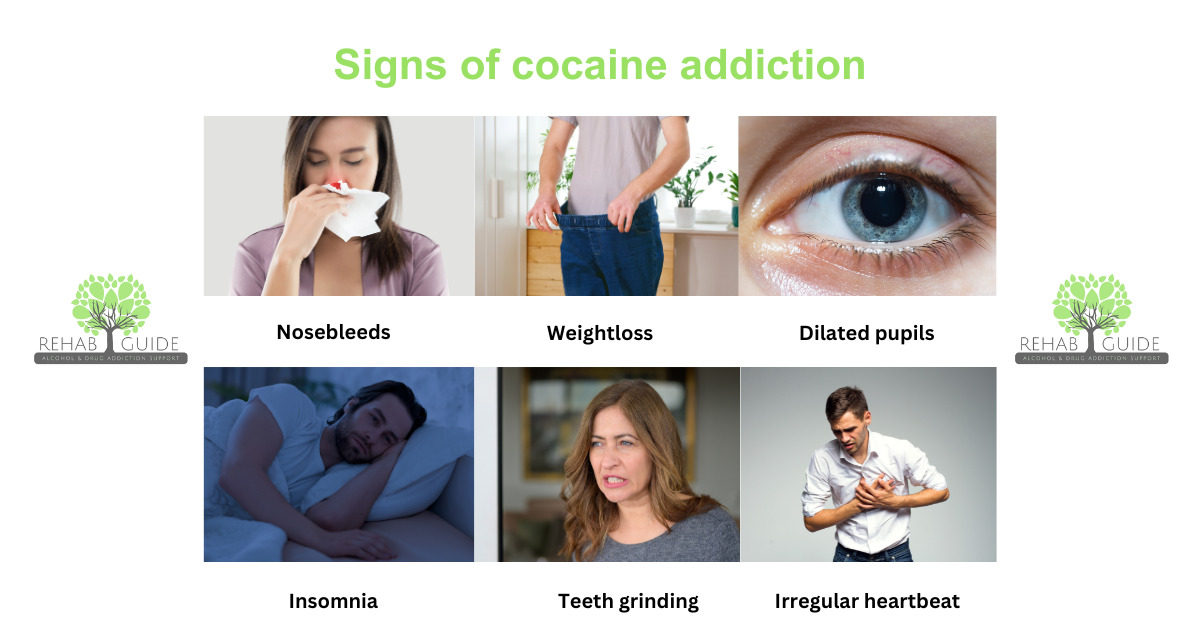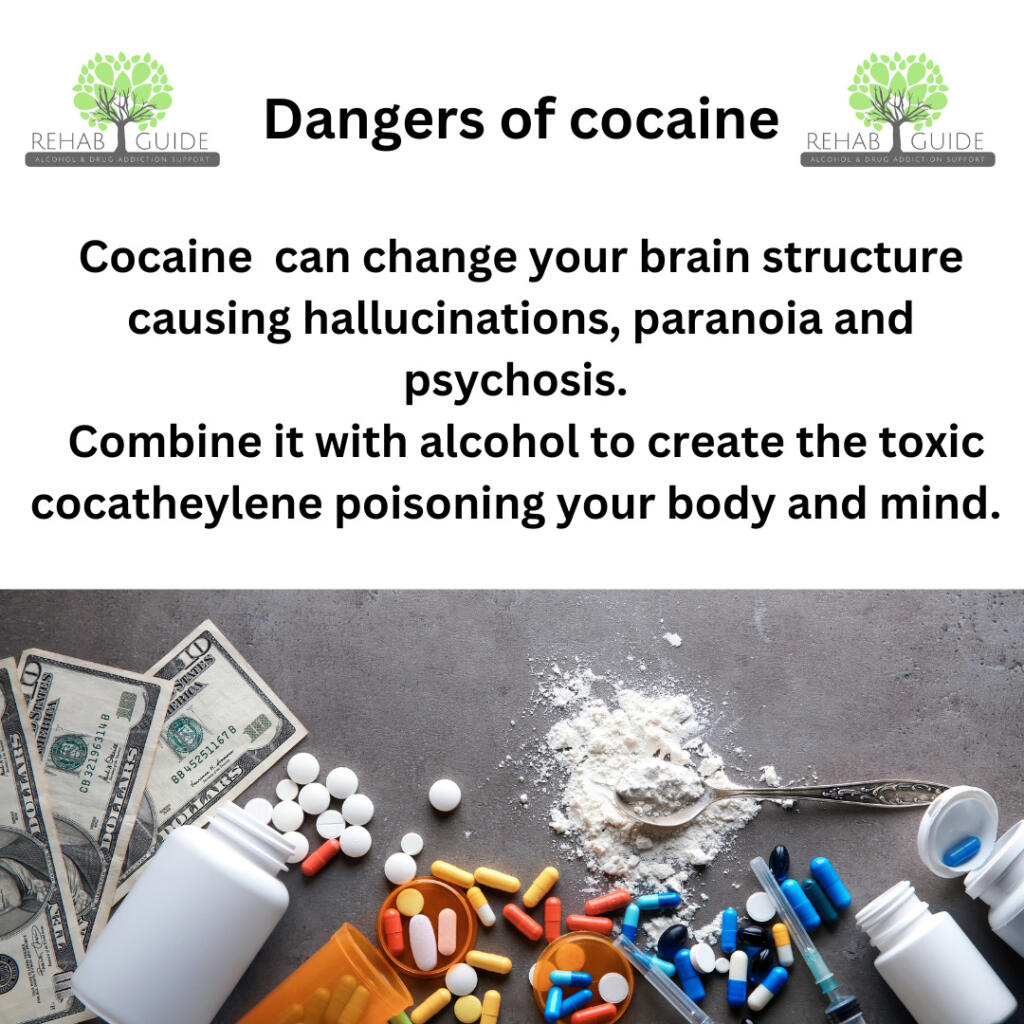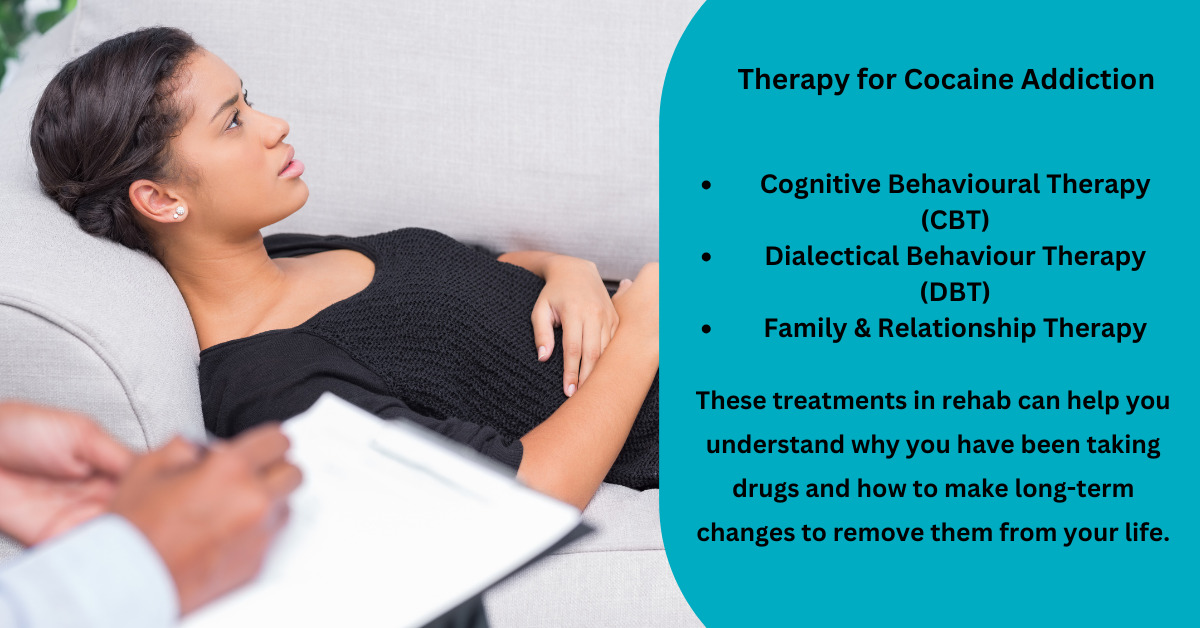0207 205 2845 0207 205 2845


Cocaine’s grip on the UK continues to tighten, with addiction treatment admissions soaring to new heights. As countless people across the country struggle with cocaine addiction, raising awareness about its effects and recovery options has never been more important. This page explores what makes cocaine so addictive and offers guidance on what to do if you or a loved one needs support.
Cocaine is a powerful stimulant that comes from the leaves of the coca plant. For thousands of years, South Americans used the coca leaf to combat fatigue and altitude sickness, and by the late 1800s, it had made its way onto Western soils. Back then, it was marketed as a desirable ‘pick-me-up’ and was even a key ingredient in the original recipe for Coca-Cola.
By the 1920s, the harmful effects of cocaine were undeniable, prompting its ban in the UK. But despite being outlawed, it’s still illegally manufactured and processed today and can be found in a powdered form. Through chemical manipulation, this version is stripped down to its most potent form, making it incredibly addictive and dangerous.
Cocaine is usually found in two main forms: powder and rock (crack cocaine), with users opting to snort, ingest, smoke or inject the drug.

Note: The following names often vary by region, slang trends and subcultures, but they are widely recognised in the majority of English-speaking countries.
You may have wondered what’s actually happening inside your body when you, or another person, take cocaine. It’s a question worth asking as the effects are more complex than you might think.
Cocaine works by flooding your brain with dopamine, a chemical that makes you feel pleasure. Normally, dopamine is released and then reabsorbed, but cocaine blocks that reabsorption, leaving it to build up within the brain. Once this build-up reaches a certain point, it’s often met with feelings of euphoria, making it one of the main reasons why cocaine is addictive At the same time, your heart rate speeds up, your blood vessels constrict, and your body kicks into overdrive. This is why you might feel energetic and alert, but it’s also why cocaine puts immense strain on your heart and nervous system.
While the initial effects might feel good, the comedown is rough, leaving you drained and craving more to counteract the negative effects. This cycle is what makes cocaine so addictive.
Many assume the hallmark signs of cocaine addiction, like constant flu-like symptoms or bursts of energy, are enough to point toward a problem. However, cocaine addiction often goes much deeper than just these signs. It can devastate every aspect of a person’s life, with signs appearing not only physically but also in their behaviour.
Below, we explore these two areas to highlight the key cocaine addiction symptoms. It’s important to note that while none of these signs alone guarantee a cocaine addiction, a combination may suggest an issue is present or forming.

Any addiction has the potential to be dangerous, impacting both physical and mental health in profound ways. However, cocaine addiction carries a particularly worrying aspect: its frequent connection with alcohol.
Cocaine and alcohol are often used together because combining the two can result in a longer-lasting and more intense psychoactive effect. What many don’t know is that this combination creates a far more dangerous situation.
When these substances are combined, the body produces a chemical called cocaethylene, a unique and highly toxic byproduct. Unlike cocaine on its own, cocaethylene remains in the body for a longer period, putting immense strain on the heart and causing severe damage to the liver. Its prolonged presence amplifies the harmful effects, making the combination especially dangerous and even fatal.
Since alcohol use is common alongside cocaine, those addicted to cocaine may be regularly exposing their bodies to cocaethylene. This makes addressing a cocaine addiction even more urgent.
If you’re starting to question whether your cocaine use has moved from recreational to something more concerning, it’s worth taking that feeling seriously.
Often, the act of questioning alone shows that a problem may already be present. Addiction can blur the lines between what feels normal and what’s truly harmful, which makes reaching out to a healthcare professional crucial.
Now, you may feel as though this is a difficult step, especially if you fear being judged or perhaps even concerned that you’ll be reported to the police, but know that neither of these is true. Professionals are there to help, and being honest with them is one of the best things you can do for yourself.
If you’re concerned about a loved one’s cocaine use, it’s understandable to feel unsure about how to handle it. What are you meant to do?
Shout at them? Support them? Say nothing in fear of a bad reaction?
Many of these types of difficult questions may be swirling around in your head at the moment but one of the best things to do in this situation is consider seeking professional advice, especially if the person is in addiction denial.
Addiction denial is when a person who has been engaging in frequent drug usage denies that they have an issue. There are many variables that go into a person being in addiction denial, meaning that professional advice may be required to help you deal with this emotionally complex situation.
A cocaine addiction can leave you or your loved one feeling isolated and as though there’s no way out. If this resonates with you, know that there is cocaine addiction help available for you.
Specialised cocaine addiction treatment programmes are designed to support you in overcoming your issues with cocaine and finding a healthier, drug-free path.
While many assume treatment is simply about abstaining from cocaine, it encompasses much more than this. Effective programmes focus on healing the entire self, addressing both physical and emotional well-being.
Below, we take a brief look at how cocaine addiction is treated in an attempt to alleviate any worries or misconceptions you may have:
The first step in treatment is detoxing. Cocaine detox involves allowing your body to process and eliminate the drug from your system entirely. During these stages, cocaine addicts may experience withdrawal symptoms, which can include:
These symptoms can feel overwhelming, but treatment centres are equipped to guide you through this stage safely. They provide a structured environment with professional care to ensure you’re supported every step of the way.

Once detox is complete and your body begins to heal, the focus shifts to therapy. This is where the deeper aspects of addiction are addressed. Programmes often use approaches like Cognitive Behavioural Therapy (CBT) to help identify and change destructive thought patterns, while Dialectical Behaviour Therapy (DBT) provides tools for managing emotions more effectively.
Other therapies, like Interpersonal psychotherapy (IPT), focus on rebuilding healthy relationships, while Group Therapy creates a safe space to connect with others facing similar challenges. Motivational enhancement therapy (MET) is also valuable in boosting your commitment to recovery.
By focusing on both aspects of recovery, cocaine addiction programmes can work on healing you as a whole person, which includes your mind, body and soul.
No matter what situation you’re in right now, it’s too late (or too early) to reach out for help. Rehab Guide offers free, compassionate advice to help you take the next step toward recovery. We provide guidance on private and free treatment options, helping you make an informed choice that suits your needs.
With a dedicated team of experienced counsellors and experienced addiction physicians, we connect you to trusted rehabilitation services across the UK and abroad.
Regardless of whether you’re searching for cocaine detox, therapy or local support groups, our goal is to make the process as straightforward and as accessible as possible.
Don’t wait any longer. Contact us today and begin your journey to a life without cocaine.
Yes, cocaine is physically addictive. This is because of how it affects the brain’s reward system. Cravings and withdrawal symptoms can happen, but the psychological pull is often the bigger challenge.
Stopping a cocaine addiction typically involves professional help, such as therapy, support groups, and structured rehab programmes. These provide the tools and support needed to stop cocaine addiction.
Cocaine is so addictive because it floods the brain with dopamine, creating intense feelings of pleasure. Over time, the brain relies on the drug for this reward, leading to strong cravings and dependency.